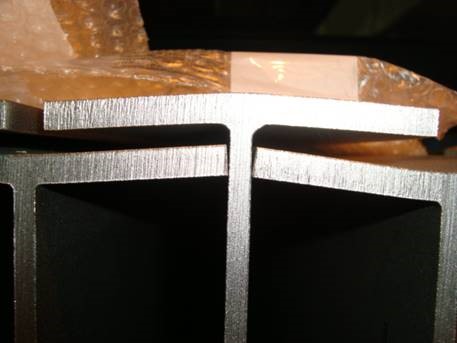Key Considerations When Selecting a Metal Stamping Supplier for Geosynthetics
Metal stamping is a crucial process in the manufacturing of geosynthetics, and choosing the right supplier is essential to ensure the quality and success of your project. When evaluating potential metal stamping suppliers for geosynthetics, there are several key considerations to keep in mind:
Quality
When it comes to geosynthetics, quality is of utmost importance. Look for a metal stamping supplier that pays close attention to the following aspects:
- Design: A reliable supplier should be able to provide design recommendations that optimize the performance of geosynthetic products. They should understand the unique requirements of geosynthetics and suggest design modifications that enhance their functionality and durability.
- Materials: Geosynthetics are made from a variety of materials, such as geomembranes, geotextiles, and geogrids. The supplier should have expertise in working with these materials and be knowledgeable about their properties and behavior during the stamping process. This ensures that the geosynthetics are manufactured using the most suitable materials for their intended applications.
- Experience: Select a metal stamping supplier with extensive experience in manufacturing geosynthetics. They should have a track record of successfully delivering high-quality products to clients in the geosynthetics industry. An experienced supplier understands the specific requirements and quality standards that geosynthetics need to meet.

Production Capabilities and Capacity
The production capabilities and capacity of the metal stamping supplier are crucial factors to consider:
- Specialization: Look for a supplier that specializes in manufacturing geosynthetics through metal stamping. They should have the necessary equipment, tools, and expertise to handle the unique challenges of stamping geosynthetic materials effectively.
- Capacity: Ensure that the supplier has the capacity to meet your production demands. Geosynthetic projects often require large quantities of stamped components, so the supplier should have the necessary resources to handle high-volume orders without compromising quality or delivery times.
- Quality Control: A reliable supplier should have robust quality control processes in place to ensure that each stamped geosynthetic product meets the required specifications. They should conduct thorough inspections and tests to verify the quality and performance of the stamped components.
- Compliance: Geosynthetics are often used in applications where compliance with industry standards and regulations is crucial. Choose a supplier that is well-versed in the specific regulations and quality standards applicable to geosynthetics, such as those set by ASTM International or the International Geosynthetics Society.



